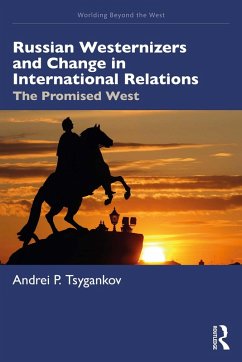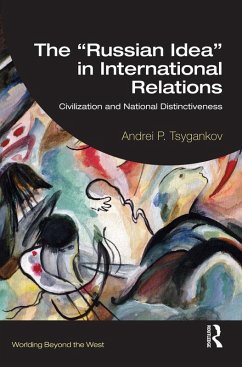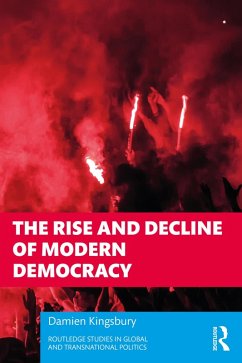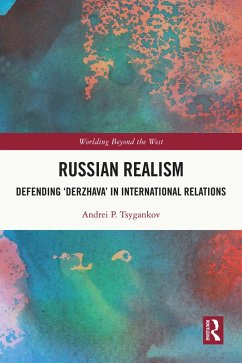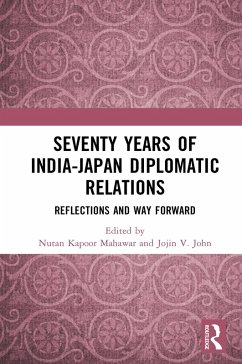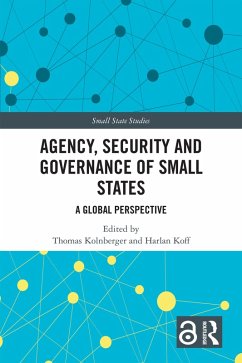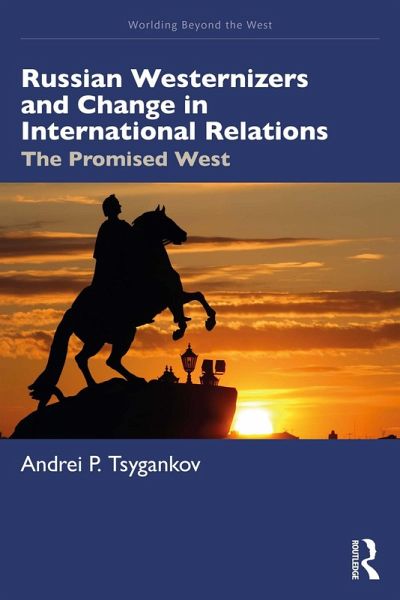
Russian Westernizers and Change in International Relations (eBook, ePUB)
The Promised West
Versandkostenfrei!
Sofort per Download lieferbar
38,95 €
inkl. MwSt.
Weitere Ausgaben:

PAYBACK Punkte
19 °P sammeln!
Russian Westernizers and Change in International Relations summarizes the Westernizing trend in Russian thought from the early nineteenth century to the present day.This book looks at Russian thinkers and politicians who have considered Western/European civilization to be superior to others and who have drawn the conclusion that Russia consequently ought to align itself with the West, rather than preserving certain traditional Russian values - and that not doing so is an impediment to political, social, and economic evolution. Within this trend of thought, the author identifies four schools - ...
Russian Westernizers and Change in International Relations summarizes the Westernizing trend in Russian thought from the early nineteenth century to the present day.
This book looks at Russian thinkers and politicians who have considered Western/European civilization to be superior to others and who have drawn the conclusion that Russia consequently ought to align itself with the West, rather than preserving certain traditional Russian values - and that not doing so is an impediment to political, social, and economic evolution. Within this trend of thought, the author identifies four schools - Christian Westernizers, Economic Liberals, Political Liberals, and Social State Supporters - and explores examples of each. The author compares Russian thinkers from different periods, finding contrasts and similarities within their political and historical settings and assessing their responses to their unique circumstances. He analyzes Russian Westernizers' self-definition and ideas of national freedom relative to those of Western nations, exploring how the West's definition of values and institutions has changed over time. He shows how Western historical developments affected waves of Westernization and pro-Western thinking inside Russia, arguing the importance of this being grounded in national state-building priorities. The growing complexity of global relations, the declining global influence of the West, and the war in Ukraine present Russian Westernizers with new questions and challenges, and this book assesses the resulting implications.
This book will appeal to students and scholars of Russian foreign policy, Russia-West relations, IR theory, diplomatic studies, political science, and European history including the history of ideas.
This book looks at Russian thinkers and politicians who have considered Western/European civilization to be superior to others and who have drawn the conclusion that Russia consequently ought to align itself with the West, rather than preserving certain traditional Russian values - and that not doing so is an impediment to political, social, and economic evolution. Within this trend of thought, the author identifies four schools - Christian Westernizers, Economic Liberals, Political Liberals, and Social State Supporters - and explores examples of each. The author compares Russian thinkers from different periods, finding contrasts and similarities within their political and historical settings and assessing their responses to their unique circumstances. He analyzes Russian Westernizers' self-definition and ideas of national freedom relative to those of Western nations, exploring how the West's definition of values and institutions has changed over time. He shows how Western historical developments affected waves of Westernization and pro-Western thinking inside Russia, arguing the importance of this being grounded in national state-building priorities. The growing complexity of global relations, the declining global influence of the West, and the war in Ukraine present Russian Westernizers with new questions and challenges, and this book assesses the resulting implications.
This book will appeal to students and scholars of Russian foreign policy, Russia-West relations, IR theory, diplomatic studies, political science, and European history including the history of ideas.
Dieser Download kann aus rechtlichen Gründen nur mit Rechnungsadresse in A, B, BG, CY, CZ, D, DK, EW, E, FIN, F, GR, HR, H, IRL, I, LT, L, LR, M, NL, PL, P, R, S, SLO, SK ausgeliefert werden.




